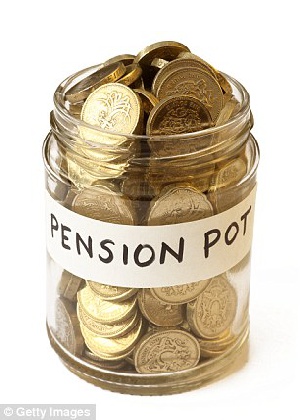Pensioners will be hit hard by the central bank’s directive for non-payment of dividends by banks to their shareholders for the 2019 and 2020 financial years due to the impact of the COVID-19 pandemic.
By this directive, the Social Security and National Insurance Trust (SSNIT)—the state pensions administrator—private pension funds, mutual funds, and unit trusts are all expected to lose valuable investment income from their bank holdings, a situation that ultimately affects pensioners’ income.
SSNIT, which has 216,000 pensioners on its payroll, announced in January an aggregate indexation rate for pensions of 11% for the current financial year, and a 19.1 percent increase in the minimum pension of existing pensioners, raising their monthly pension to GH¢357.18. It also declared a minimum pension of GH¢300 for new pensioners.
While these commitments will not be altered, the central bank’s directive will affect the Trust’s inflows and impact future increases in pensions by an entity that already has a number of low-yielding and non-performing investments on its books.
Pensioners will be affected also through the loss of investment income by pension fund managers in the second and third tiers of the pensions industry.
Writing on the impact of the central bank’s directive in today’s Business24 edition, Sam Bediako-Asante, a chartered global investment analyst, said: “SSNIT, in particular, will be heavily negatively impacted since a major part of its investment income or returns on its investment portfolio come from these banks—both listed and unlisted—thereby affecting future incomes and payments to prospective and existing pensioners.”
SSNIT is a significant shareholder in the banking industry, with stakes in Ecobank and GCB Bank—the two biggest lenders—as well as Standard Chartered, CAL Bank, Societe Generale, Fidelity, Universal Merchant Bank, and Prudential Bank.
Mr. Bediako-Asante, who is also the CEO of Sambed Consult, a business and investment advisory firm, said it is imperative to note that “SSNIT, in particular, already has problems with its investment portfolio because of its investment holdings in some non-performing companies such as the abattoirs, Aluworks Ltd., PBC Ltd., Cocoa Processing Company, and some hotels, among others.”
Central bank’s directive to safeguard financial sector
The Bank of Ghana, in a statement issued on April 20, noted that the dividend directive is designed to maintain the integrity of the financial sector amid the COVID-19 crisis and enable banks assist borrowers to get through the crisis.
Since the coronavirus outbreak, the bank has intervened to mitigate the economic fallout, with a reduction in the monetary policy rate from 16 percent to 14.5 percent announced in March. The central bank also lowered reserve and capital requirements and reduced mobile money transaction charges, in addition to relaxing rules for classifying non-performing loans by banks and other regulated institutions.
The latest dividend directive will affect ordinary shareholders of banks as well as investors in money market funds which hold bank stocks in their portfolios.
A number of banks had already declared dividends to be paid to shareholders for the 2019 financial year, but these payments will have to be suspended or cancelled in the wake of the directive.
Business News of Monday, 27 April 2020
Source: thebusiness24online.net













